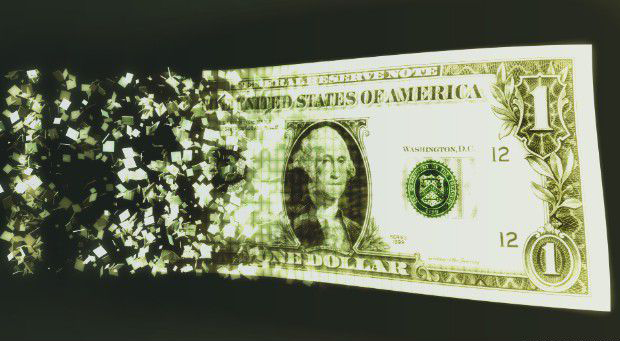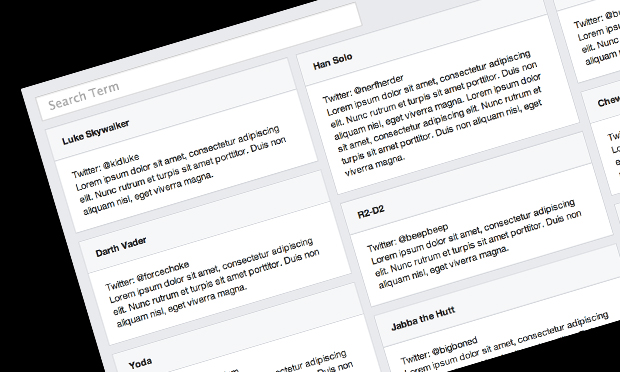I saw an interesting program recently that opened my eyes to a fascinating concept. It is nothing new, in fact, social data mining has been an institution for years. Every…

Reality Mining, are you ready?
I saw an interesting program recently that opened my eyes to a fascinating concept. It is nothing new, in fact, social data mining has been an institution for years. Every time you engage with social or enterprise systems that data is being used to create a profile.
Reality mining, is predicting human behavior through identification of technical social patterns.
What is Reality Mining? Reality mining, is predicting human behavior through identification of technical social patterns.
Reality mining allows us to attempt to predict human behavior through the analysis of social data. The biggest difference in “Reality Mining” is sourcing this data from patterns in technology. Every time you use your mobile devices to access social data, you add to your social profile. It really doesn’t matter if you want your data collected or not, there is someone adding to a social profile of you. In reality mining, that profile is aggregated against millions of others in order to predict patterns of behavior (individual and groups).
The longer the time period of the sample, the more accurate the predictions. There are millions of records flowing into social profiles daily. This data, cross referenced with geospatial (location) samples can show how certain behaviors can spread from one area to another. Just twenty years ago, there were so many barriers to information compared to today. Each year, the technology that is available for our inter-personal communication grows. This has also crossed socio-economic boundaries and opened up new channels for groups of people to communicate with each other. While this communication can bring people together, it can also point out major differences in these groups.
You are a commodity.
Like it or not, your information is worth a lot. It is worth a lot for any number of reasons. Advertising, research but most of all to analyze and predict what you and what people just like you are thinking and doing. The government is one of the biggest procurers of this information. They buy up, monitor and analyze data from all major social channels in order to profile society.
At some point in the near future, you will probably get access to this information that is being collected on you. You may get the ability to hold the keys to this data. The larger and more specific your file, the more it will be worth. It is very possible that your information may very well be a traded commodity.
Technology
Reality mining relies on technology advances to move forward. Newer mobile devices, tablets, smartphones, all of these collect social info and can identify usage patterns based on user environment, not just the user themselves. This creates a whole new subset of data that is changing with the digital landscape. It should be interesting to note that the more age specific devices that are released present new opportunities for your family data to be collected. In a few years, a complete profile could be comprised of data collected from users as young as 2. This adaptation of reality mining should give way to predicting possible patterns of behavior through device usage of children. You can probably see how useful this information might be to the medical community.
In conclusion, reality mining is a really interesting topic. This is a social driven world, it inter connects us and allows us to communicate in more ways than have ever been possible before. With that information and the advances in technology, we are ushering in a whole new way to predict human behavior. Science has always had ways of qualifying behavior through behavioral psychology but it was always was a large degree of subjectivity. Reality mining gives us a way to predict possible behavior through a more objective and measurable process. If the current dollar amounts that are spent on social media today are any insight into the future, the future is going to be expensive.



